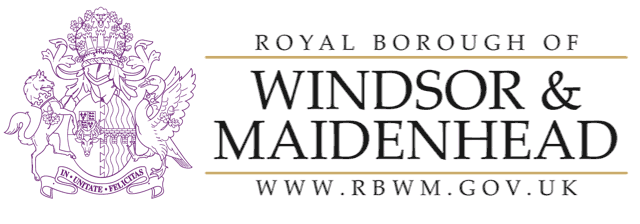Your first responsibility is to the child in your care. While you are chaperoning you should not be performing any other duties.
It is your responsibility, together with the licence holder, to ensure that the regulations (and any additional requirements issued by the child's licensing authority) are upheld at all times. You may find yourself under pressure, by the production company from time to time, to relax the regulations due to re-scheduling but you must remember that your first duty is to the care of the child. Therefore, having a good knowledge of the regulations, knowing where to go for additional advice, coupled with firm negotiating skills, are crucial elements to good chaperoning.
You should be with the child at all times whether: on set/stage area, dressing rooms, recreation, meal and break areas etc. You are the key person to whom the child looks for protection, clarification and support. If the facilities are wanting e.g. dressing rooms, toilets etc. you should negotiate better facilities with the producer. Children are not add ons to a production, their care is paramount at all times. You can obtain additional support from: your licensing Local Authority (LA), the child's licensing LA or the Local Authority (LA) in whose area the performance is taking place.
The law states that the maximum number of children in your care should not exceed 12. In a lot of instances 12 may be far too high if there are several very young children and several adolescents and especially if the children are living away from home (they would need more individual attention). These factors should be taken into account when deciding on the number of children you agree to chaperone. We would strongly recommend for all types of performances, a maximum of eight children per chaperone, providing you with a higher standard of care to the children.
Although a maximum length of time for travelling is not laid down in the regulations, due consideration should be given to the child's age, the length of time at the place of performance and the duration of the production. Therefore, taking into account the child's welfare, it may be more sensible for a production company to schedule each child's performance days in blocks per week or provide accommodation nearer to where the performance is taking place rather than travelling several hours each day and attending school in between. Remember, schedules can be amended if they are not working satisfactorily.
Chaperones should under no circumstances hand any child over to, or let the child be examined by, any other person. The only exceptions to this are with the prior approval of the child's parent, or in emergencies, and then under the supervision of a doctor, police officer in uniform, or other suitable persons.
Illness or injury
At no time should a child perform when unwell. If a child falls ill or is injured while in the chaperone's or tutor's charge medical assistance must be gained and the parent/guardian and the licensing LA informed immediately. Always have a contact number for parents.
Living away from home
The chaperone is responsible for the child and should accompany him/her at all times. This responsibility includes seeing that his/her lodgings are satisfactory in every way; and that she/he is properly occupied during his/her spare time and that there are suitable arrangements for meals - food should normally be provided at the lodgings. The chaperone must arrange to sleep in the accommodation in which the children sleep near to the rooms occupied by the children. Generally, you may need to exercise a greater amount of supervision than if the child was living at home. Again, if there are problems here, which cannot be resolved, contact the child's licensing LA or the LA in whose area the performance is taking place.
Dangerous performances
No child (generally) under the age of 16 may take part in dangerous performances. But, from the age of 12 children may be trained to take part in dangerous performances but only under licence. This should be authorised by the LA in advance of the performance and extra vigilance maintained by you throughout.
Records, by law (ref.39(5)), should be available to a visiting officer of the LA by Producers. Chaperones are often designated to keep these in respect of the child:
- Times child is at the place of performance.
- Times child performs and/or rehearses.
- Times child has breaks and meals.
- Times child is waiting between performances, i.e. re-scheduling.
If you feel pressurised to accommodate a production's schedules and you are unsure of the legalities of what they may be asking of the child check the regulations before agreeing to anything. Failing a satisfactory conclusion, phone the LA either at the time or as soon as is practically possible for further advice or support.
